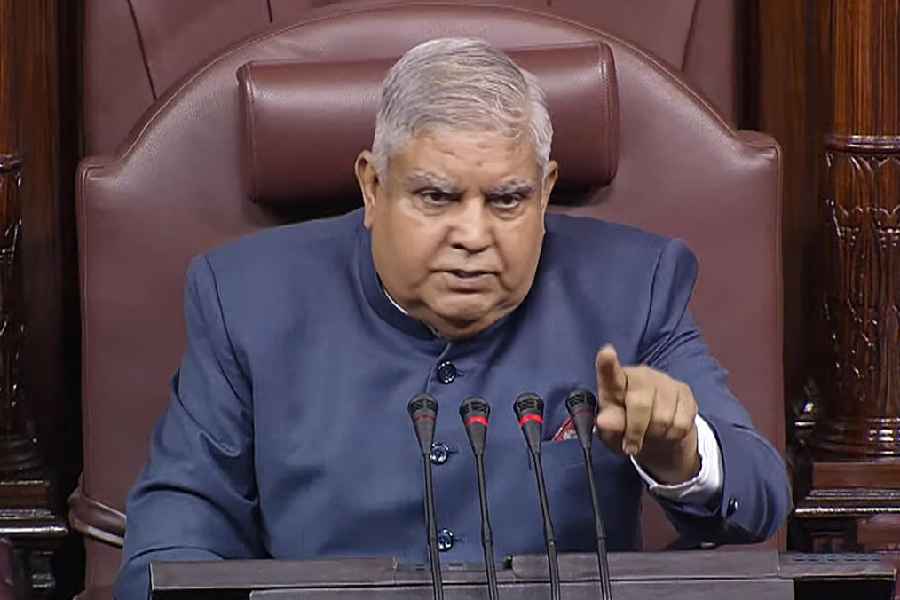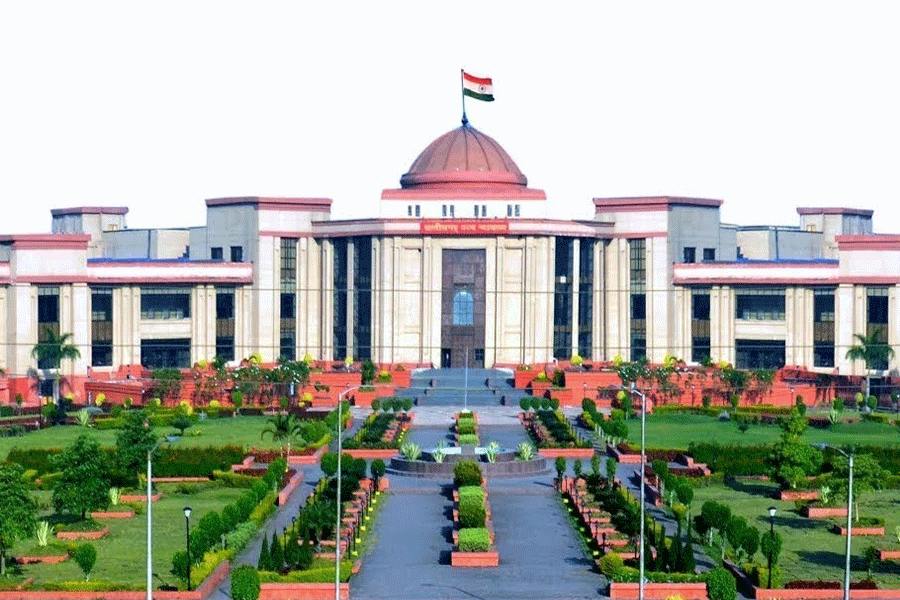Reports on the three bills which seek to replace the criminal and procedural laws were submitted to Rajya Sabha Chairman Jagdeep Dhankhar on Friday.
The Vice President's Secretariat posted on X that chairman of the standing committee on home Brij Lal called on Dhankhar in Parliament and handed over the three reports.
Soon after Home Minister Amit Shah had introduced the Bharatiya Nyaya Sanhita, the Bharatiya Nagarik Suraksha Sanhita and the Bharatiya Sakshya Bills in Lok Sabha in August, he had urged the Speaker to refer the measures to the standing committee for threadbare examination.
Shah had described the current set of laws guiding the criminal jurisprudence as a colonial legacy, a reference to their British Raj provenance, and asserted that they focussed on punishment while the proposed laws give primacy to justice.
The standing committee on Home, which comes under the Rajya Sabha secretariat, was given three months to examine the bills which seek to replace the Indian Penal Code, CrPC and the Evidence Act.
The three laws form the backbone of Indian criminal jurisprudence.
Earlier this month, the parliamentary panel had adopted the three reports offering a slew of amendments but sticking to their Hindi names, with nearly 10 opposition members submitting dissent notes.
The committee has recommended taking a more stringent view of deaths caused by negligence amid criticism that the current statute is too lenient.
The committee has also proposed a reduction in sentence for those convicted of deterring public servant from discharging their duties.
Section 353 of the Indian Penal Code provides for a maximum of two years of prison term and the committee may seek to slash it to one year. The law is often used against those staging protests and many members of the committee are of the view that common protesters should be dealt with leniently.
It has been reported that the committee has backed a gender-neutral adultery law and punitive measures for non-consensual sex between men, women and transgender people among other recommendations.
Except for the headline, this story has not been edited by The Telegraph Online staff and has been published from a syndicated feed.










